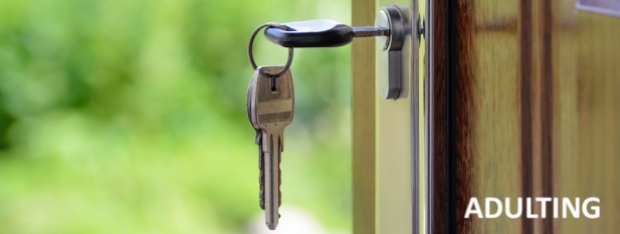
When we approach our employment, we can take on a very pragmatic, transactional approach. And it is the same on the other side; the employers can be transactional. They can come up with a HR policy that is attractive, that provides a “return on recruitment” and with good “management of talents” that allows them to utilise the talents and generate the outcomes for the organisation.
Then the individuals in these system can maximise their career outcomes, their profiles, their remuneration while offloading as much of their individual risks and taking credit for outcomes as far as possible. There will be innovation for the sake of staking a claim, planting a flag for one’s profile rather than genuine client or industry interest. There will probably be some greenwashing to skew external perception. There will be a lot of gaming the system when people cannot tell apart commitments from actual outcomes.
The world could be different if HR was different; if we are collectively less transactional about employment. Where we make use of our surpluses- in terms of savings, inherited wealth and be able to say no to transactional employers. We can choose only those who invest in their people rather than milk them. We can refuse to play the game that people are setting up. We can maximise not our careers but our impact, and create a future we want for ourselves and future generation through our work.









